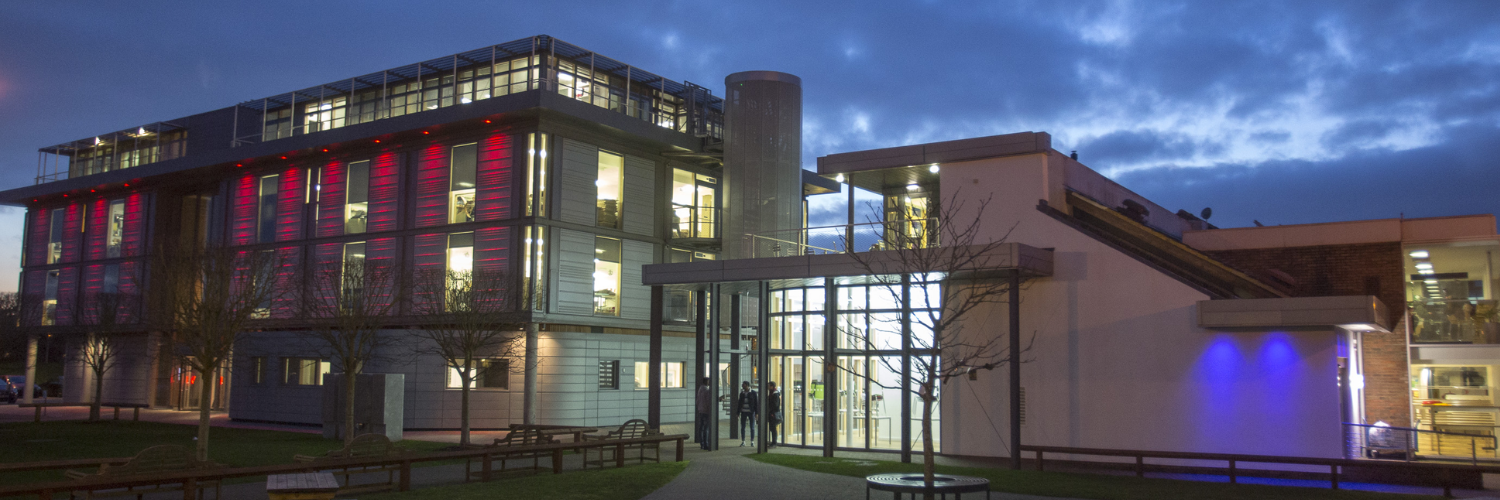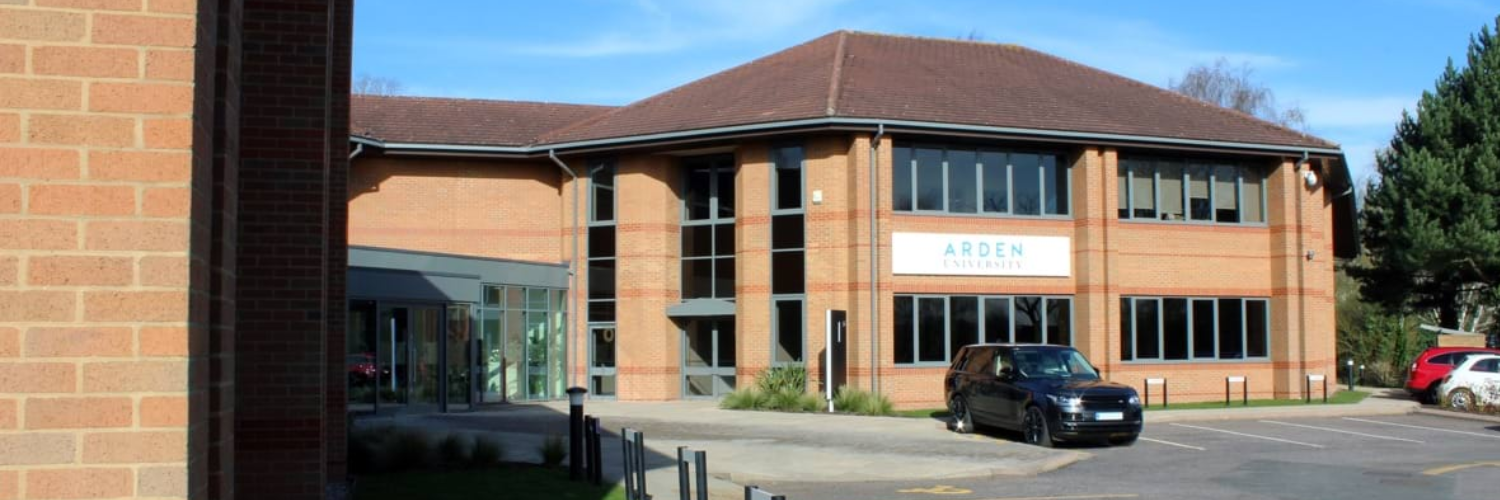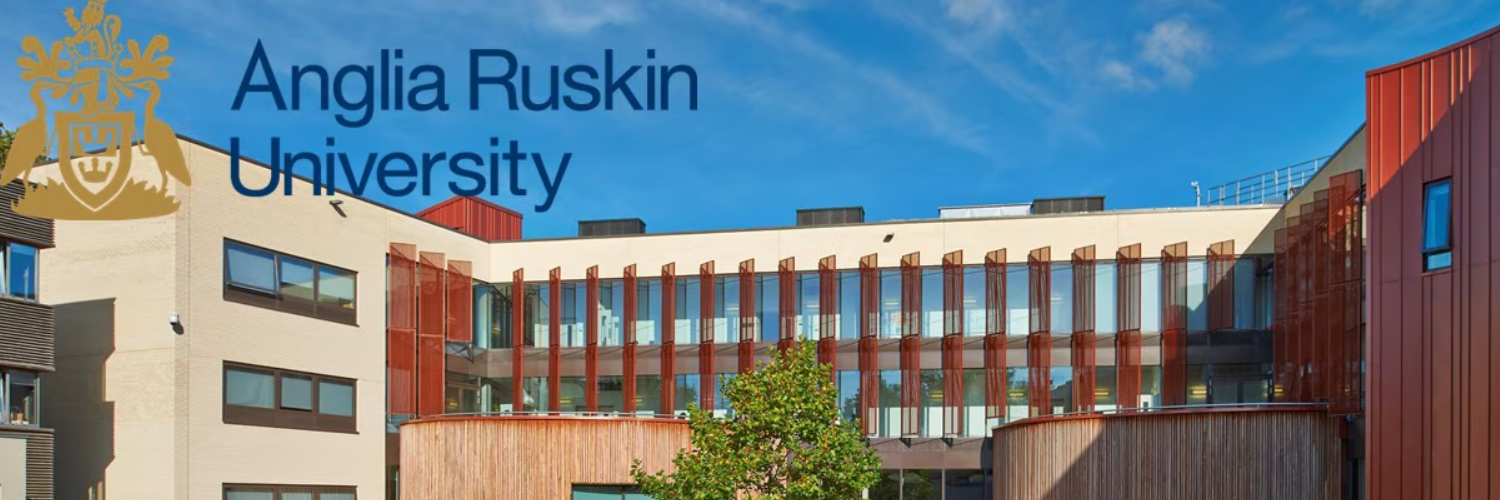Introduction
Arts University Bournemouth (AUB) is a specialist public university located in Poole, England, dedicated to providing high-quality education in art, design, media, and performance across the creative industries.
Established as a leading institution for creative education, AUB emphasizes studio-based learning, interdisciplinary collaboration, and industry connections to prepare students for professional careers. With a focus on turning creativity into employability, it boasts an average graduate employment rate of over 97% in the past five years. The university’s single, award-winning campus fosters a close-knit community where students have open access to facilities and opportunities to work across disciplines.
History of Arts University Bournemouth
AUB traces its roots back to 1880, when it was founded as the Bournemouth Government School of Art. Over the decades, it evolved to incorporate elements of science, design, and technology, reflecting the growing scope of creative education. In 1963, the Bournemouth Film School (BFS) was established as part of the institution, becoming a key division with around 1,500 students and full membership in CILECT, the international association of film and television schools. The school was initially a Cine pathway within the Bournemouth and Poole College of Art and Design, founded by Reginald Johnson.
By 2012, following government criteria and Privy Council approval, Arts University College at Bournemouth was granted full university status, officially becoming Arts University Bournemouth. This milestone solidified its position as a specialist university. In 2016, AUB became the first art university or college to receive the Sir Misha Black Award for exceptional educational work. The institution has maintained a strong focus on creative industries since its early days, adapting to contemporary needs while honouring its heritage.
Mission and Values
AUB’s mission is to nurture creativity, engage communities, collaborate with industry, and drive positive change. It aims to help students become their best selves through inspiring, hands-on education that mirrors real-world creative environments. The university promotes a “maker culture” where students are encouraged to learn differently, share ideas, provoke thought, and collaborate across boundaries. Sustainability is a core value, with AUB holding EcoCampus Platinum accreditation—the highest level for environmental and social responsibility. It also emphasizes inclusivity, original research, and extending knowledge in the arts, with over 12% of its research classified as “world-leading” in the 2021 Research Excellence Framework (REF), and 42% as “internationally excellent.”
Academic Structure and Courses Offered
AUB offers a wide range of programs from entry-level to advanced research, catering to diverse creative aspirations. Study levels include short courses, foundation degrees, undergraduate (BA/BSc Hons), postgraduate (MA/MSc), and PhD programs. Unlike traditional universities, AUB structures its courses to allow cross-disciplinary collaboration, enabling students to work on industry-level projects regardless of their major.Key areas of study include:
- Art and Design: BA (Hons) in Fine Art, Graphic Design and Visual Communication, Illustration, Textiles, and Modelmaking.
- Fashion and Costume: BA (Hons) in Fashion Design, Costume, and Accessories.
- Media and Film: BA (Hons) in Film Production, Commercial Photography, Animation, and Music and Sound Production (FdA level).
- Performance: BA (Hons) in Acting, Dance, and Performance Design.
- Architecture and Digital: Programs incorporating VR, digital manufacturing, and creative technologies.
The Bournemouth Film School remains a flagship division, offering specialized pathways in filmmaking. All courses emphasize practical, studio-based learning with access to professional tools. For international students, a full-time semester load equates to 60 UK credits, primarily in major and related areas.
Facilities
AUB’s facilities are designed to replicate creative industry standards, with ongoing investments in technology and spaces. Highlights include:
- Studios and Labs: State-of-the-art studios for photography, film, textiles, and performance, equipped with tools like VR headsets, Fusion 360 software, enlargers, and digital manufacturing tech.
- Innovation Studio: A creative technologies lab serving as a hub for startups, industry collaborations, and prototyping.
- Library and Universities: The largest creative specialist library outside London, plus the Museum of Design in Plastics (MoDiP)—a Designated Outstanding Collection—and The Thorp Archive.
- Performance and Exhibition Spaces: Two theatres (one on-campus, one in central Bournemouth), TheGallery for exhibitions, and multiple collections for inspiration.
- Sustainability Features: Eco-friendly campus with platinum accreditation, supporting environmental initiatives.
The RIBA South West Award-winning campus in Poole provides a vibrant, all-in-one environment for learning and collaboration.
Student Life at Arts University Bournemouth
Student life at AUB revolves around a supportive, artistic community in the coastal town of Bournemouth, known for its Victorian architecture, beaches, nightlife, and festivals. With around 3,500 students (mostly undergraduates), the university fosters a close-knit atmosphere where collaboration is key. Events like the AUB Welcome Festival, live projects, and voluntary work enhance engagement. Students can join clubs, access mental health support, and participate in community initiatives, such as designing public murals or charity sculptures (e.g., the Illustration course’s contributions to Bournemouth’s “Great Tail Trail”).
Accommodation options include three on-campus halls for about 450 students, prioritizing international, disabled, or medical-needs applicants. Off-campus shared housing is popular in areas like Winton, Charminster, and Ensbury Park. Perks for new students include a free annual bus pass and access to a cinema and gym. Bournemouth’s location offers easy access via rail, bus, and international airport (under 20 minutes away), blending urban buzz with natural inspiration.
Student feedback highlights well-resourced courses, dedicated staff, and a positive vibe, though some note crowded classes in popular areas like fine art. The Illustration BA, for instance, is praised for organization and opportunities.
Notable Achievements and Alumni
AUB has earned accolades for teaching and research excellence. It received Silver and Gold ratings in the Teaching Excellence Framework (TEF) in 2017. Along with “Outstanding” rating from Ofsted since 2018. In 2021 REF, its research impact was strong in creative fields. Alumni successes include BAFTA and Academy Award-winning filmmakers, a Turner Prize recipient, screenwriter Simon Beaufoy (Slumdog Millionaire, 127 Hours), visual effects artist Paul Campion (Clash of the Titans, X-Men: The Last Stand), and director Edgar Wright (Scott Pilgrim vs. the World). Recent showcases feature the “Class of 2025” graduates, highlighting works in film, design, and performance. Industry partnerships with brands like ITV, RNLI, and LUSH demonstrate real-world impact.
Arts University Bournemouth Rankings
AUB consistently ranks highly for creative education and employability:
- Top 5 universities in the South West (Complete University Guide 2026), the only specialist in art, design, media, and performance.
- Gold standard in TEF for teaching quality.
- Top UK university for employability in creative industries.
- High student satisfaction scores, with strong graduate outcomes (average salary data available post-graduation).
Admissions Process
Admissions are competitive, especially for creative courses requiring a portfolio. UK undergraduate tuition is £9,250 per year; international students pay £19,950 for the first year. Applications are primarily through UCAS, with Clearing options available (contact: 01202 363225). Portfolios are crucial for art/design applicants, showcasing skills and passion. International students can study abroad via programs like the European Exchange. Support includes virtual chats with Student Ambassadors on Unibuddy. Entry requirements vary by course but typically include A-levels or equivalents, with emphasis on creative potential over grades alone.
Recent News and Updates
As of September 2025, AUB is showcasing the “Class of 2025” graduate works online, browsable by course or theme. The university continues to invest in sustainability and innovation, with case studies on collaborations like supporting social enterprises abroad. Past events, such as staff layoff protests, underscore community commitment, but current focus is on student success and industry ties. For the latest, visit aub.ac.uk.



